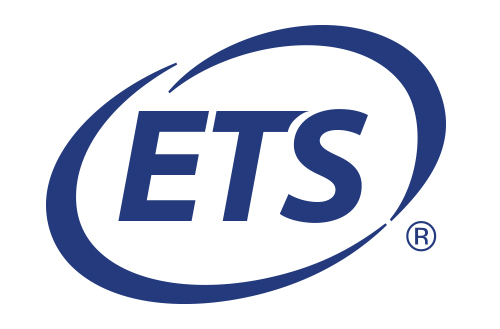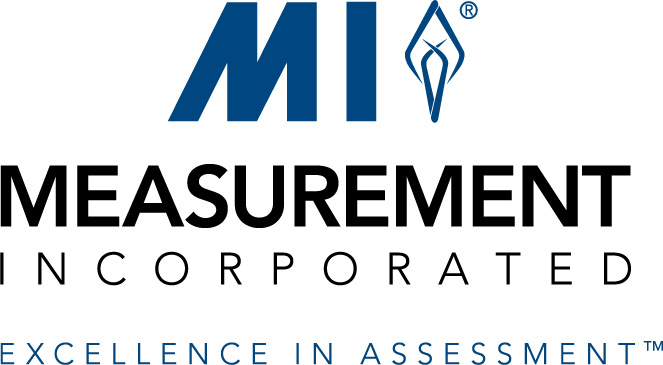ITEMS Portal
ACCESS IS FREE!
Quickly create a new user account for the Elevate learning management system (this website) to access any modules.
You do NOT have to be an NCME member to do this!
Reliability & Validity
All-access Pass
This provides immediate access to ALL print and digital modules in the portal by "registering" you for each and displaying all modules as a single collection as part of this pass.
All-access Pass (PRINT ONLY)
This provides access to a ZIP folder with all 45 previously published print modules.
Digital Module 01: Reliability in Classical Test Theory
In this digital ITEMS module, Dr. Charlie Lewis and Dr. Michael Chajewski provide a two-part introduction to the topic of reliability from the perspective of classical test theory (CTT).
Keywords: classical test theory, CTT, congeneric, KR-20, KR-21, Cronbach’s alpha, Pearson correlation, reliability, Spearman-Brown formula, parallel, tau-equivalent, test-retest, validity
Digital Module 02: Scale Reliability in Structural Equation Modeling
In this digital ITEMS module, Dr. Greg Hancock and Dr. Ji An provide an overview of scale reliability from the perspective of structural equation modeling (SEM) and address some of the limitations of Cronbach’s α.
Keywords: congeneric, Cronbach’s alpha, reliability, scale reliability, SEM, structural equation modeling, McDonald’s omega, model fit, parallel, tau-equivalent
Digital Module 09: Sociocognitive Assessment for Diverse Populations
In this digital ITEMS module, Dr. Robert Mislevy and Dr. Maria Elena Oliveri introduce and illustrate a sociocognitive perspective on educational measurement, which focuses on a variety of design and implementation considerations for creating fair and valid assessments for learners from diverse populations with diverse sociocultural experiences.
Keywords: assessment design, Bayesian statistics, cross-cultural assessment, diverse populations, educational measurement, evidence-centered design, fairness, international assessments, prototype, reliability, sociocognitive assessment, validity
Digital Module 12: Think-aloud Interviews and Cognitive Labs
In this digital ITEMS module, Dr. Jacqueline Leighton and Dr. Blair Lehman review differences between think-aloud interviews to measure problem-solving processes and cognitive labs to measure comprehension processes and illustrate both traditional and modern data-collection methods.
Keywords: ABC tool, cognitive laboratory, cog lab, cognition, cognitive model, interrater agreement, kappa, probe, rubric, thematic analysis, think-aloud interview, verbal report
Digital Module 15: Accessibility of Educational Assessments
In this digital ITEMS module, Dr. Ketterlin Geller and her colleagues provide an introduction to accessibility of educational assessments. They discuss the legal basis for accessibility in K-12 and higher education organizations and describe how test and item design features as well as examinee characteristics affect the role that accessibility plays in evaluating test validity during test development operational deployment.
Keywords: Accessibility, accommodations, examinee characteristics, fairness, higher education, K-12 education, item design, legal guidelines, test development, universal design
Digital Module 26: Content Alignment in Standards-based Educational Assessment
In this digital ITEMS module, Dr. Katherine Reynolds and Dr. Sebastian Moncaleano discuss content alignment, its role in standards-based educational assessment, and popular methods for conducting alignment studies.
Key words: Achieve methodology, content alignment, content area standards, content validity, standards-based assessment, Surveys of Enacted Curriculum, Webb methodology
Module 03: Reliability of Scores From Teacher-Made Tests
In this print module, Dr. David A. Frisbie discusses the reliability of teacher-made tests.
Keywords: homogeneity, internal analysis, motivation, reliability, reliability coefficient, standardized testing, test scores
Module 08: Reliability in Classical Test Theory
In this print module, Dr. Ross E. Traub and Dr. Glenn L. Rowley illustrated the idea of reliability or consistency with reference to two sets of test scores within the framework of classical test theory (CTT).
Keywords: classical test theory, CTT, congeneric, KR-20, KR-21, Cronbach’s alpha, Pearson correlation, reliability, Spearman-Brown formula, parallel, tau-equivalent, test-retest, validity
| Access Date | Quiz Result | Score | Actions |
|---|

















